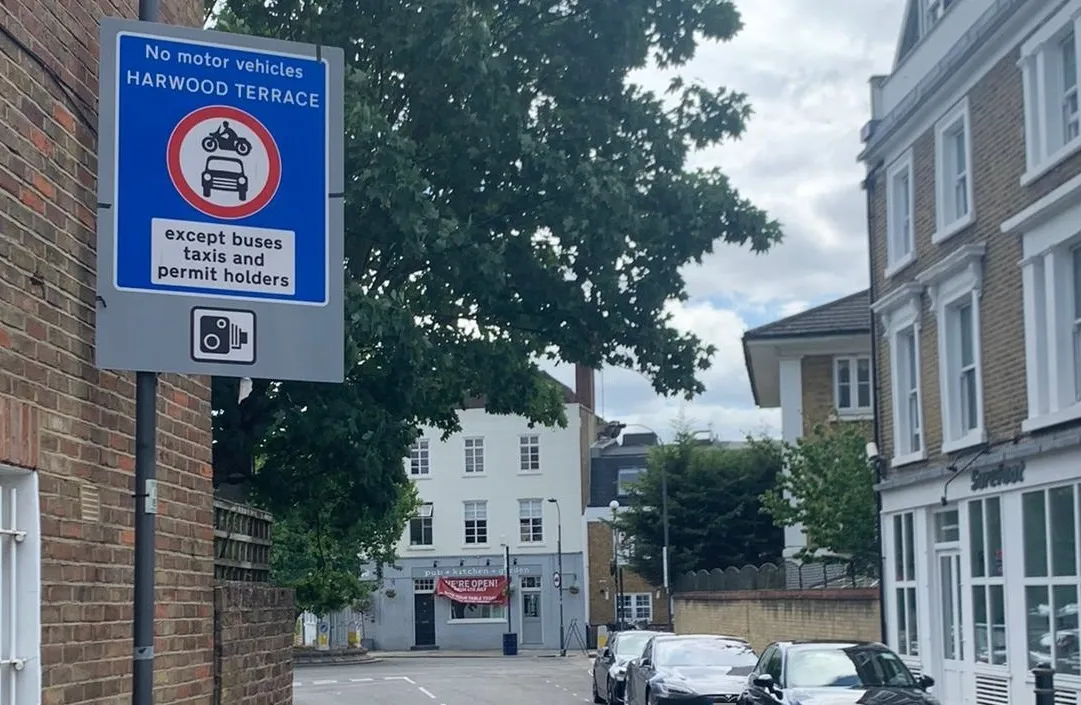K-headquartered CCTV storage systems manufacturer Visimetrics has launched FiND (Forensic investigation Network Database), which is the result of a US$1.6 million research and development project. The system has the capability of linking to any CCTV recording system to create and index key objects of interest at the time of video capture and storage. Visimetrics claims that FiND can help locate critical evidence from major CCTV systems in seconds.
February 2, 2012
Read time: 2 mins

UK-headquartered CCTV storage systems manufacturer 2078 Visimetrics has launched FiND (Forensic investigation Network Database), which is the result of a US$1.6 million research and development project. The system has the capability of linking to any CCTV recording system to create and index key objects of interest at the time of video capture and storage. Visimetrics claims that FiND can help locate critical evidence from major CCTV systems in seconds.
The technology emerged from initial research undertaken by Loughborough University evaluating the most technically challenging aspects of using automated video analysis to search large volumes of existing CCTV recordings for key or 'known' objects of interest. The team developed a comprehensive set of algorithms, a number of which are unique, specifically aimed at resolving vehicle classification, people classification, license plate identification using CCTV cameras, text/logo detection, baggage detection, complex background processing and PTZ compensation. According to Craig Howie, Visimetrics's commercial director, "FiND will reduce the search period of days', weeks' or months'-worth of digitally recorded video down to a matter of seconds."
The technology emerged from initial research undertaken by Loughborough University evaluating the most technically challenging aspects of using automated video analysis to search large volumes of existing CCTV recordings for key or 'known' objects of interest. The team developed a comprehensive set of algorithms, a number of which are unique, specifically aimed at resolving vehicle classification, people classification, license plate identification using CCTV cameras, text/logo detection, baggage detection, complex background processing and PTZ compensation. According to Craig Howie, Visimetrics's commercial director, "FiND will reduce the search period of days', weeks' or months'-worth of digitally recorded video down to a matter of seconds."










